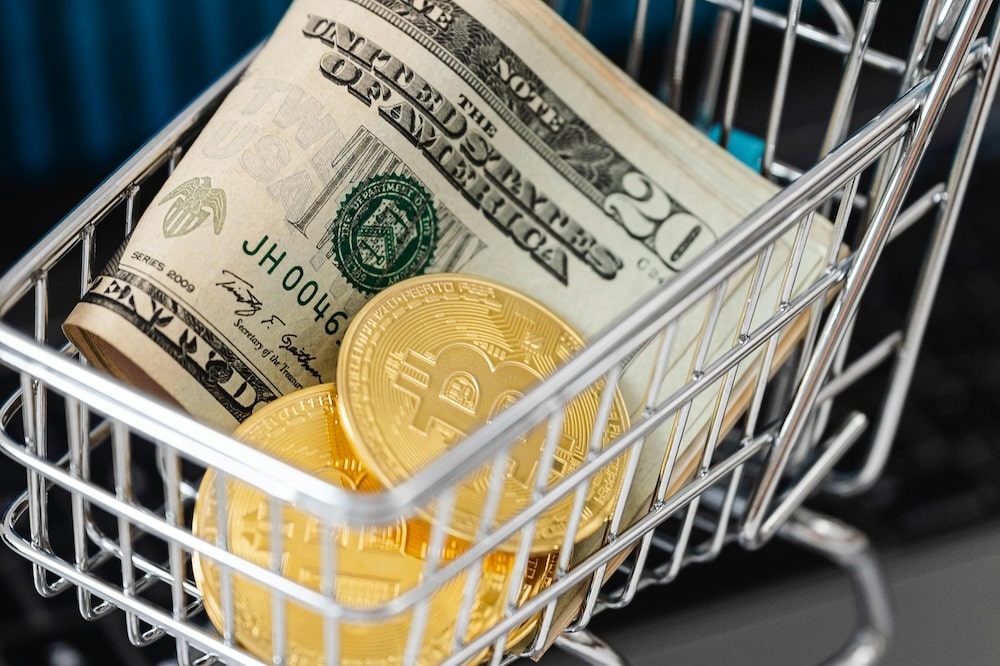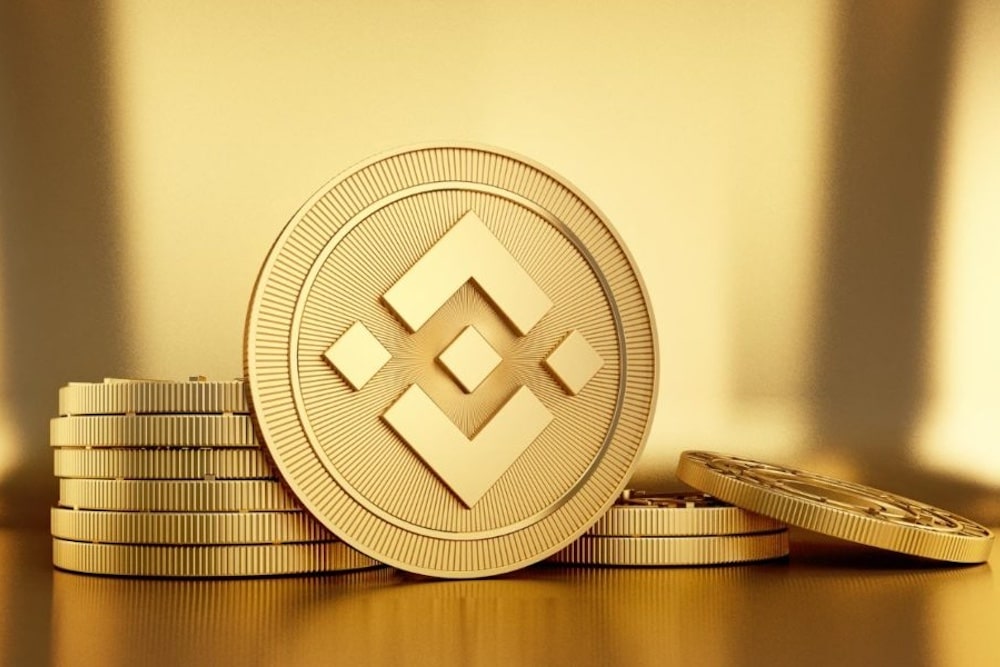The America-based publicly traded company MicroStrategy has made another massive investment in Bitcoin, purchasing an additional 15,400 of the pioneer crypto worth $1.5 billion. This marks the company’s fourth consecutive weekly purchase, bringing its total Bitcoin holdings to 402,100 worth $39 billion.
Interestingly, this recent purchase has contributed to the company’s impressive BTC yield, with a 38.7% return quarter-to-date (QTD) and a 63.3% return year-to-date (YTD). This move demonstrates MicroStrategy’s continued commitment to investing in Bitcoin.
MicroStrategy Purchases More BTC
The Virginia-based firm made the latest purchases between November 25 and December 1, as reported in a United States Securities and Exchange Commission (SEC) filing. Since November 11, MicroStrategy has invested over $13.5 billion in Bitcoin, solidifying its position as a significant player in the crypto market.
MicroStrategy’s co-founder and Chairman, Michael Saylor, has been instrumental in transforming the enterprise software maker into a “Bitcoin Treasury” company. This bold move has captured the attention of Wall Street and the crypto industry, with the company’s shares surging over 500% this year, outperforming almost every other major stock.
MicroStrategy has been relying on the sale of convertible notes and at-the-market share offerings to fund these massive purchases. The company’s commitment to Bitcoin is evident in its actions, and the crypto community is interested in seeing how this strategy plays out in the long run.
Four Purchases in One Month
MicroStrategy has made four significant BTC purchases in just one month, reminding the crypto industry of Saylor’s statement. The Bitcoin Maximalist revealed that the company’s vision is to be the world’s leading Bitcoin bank.
MicroStrategy’s Bitcoin purchases in one month totaled 149,880 BTC, making its stash precisely 2% of the crypto’s total supply. The acquisitions include 27,200 BTC for $2.03 billion, 51,780 BTC for $4.6 billion, 55,500 BTC for $5.4 billion, and the latest 15,400 BTC for $1.5 billion.
Meanwhile, MARA (formerly Marathon Digital), a Bitcoin mining company, plans to raise up to $805 million to purchase more BTC. The education-focused company Genius Group has also recently invested $1.8 million in the pioneer crypto. As more institutions vie for a share of the digital asset, it could do more numbers and surpass the $100,000 zone, as predicted by several analysts.









